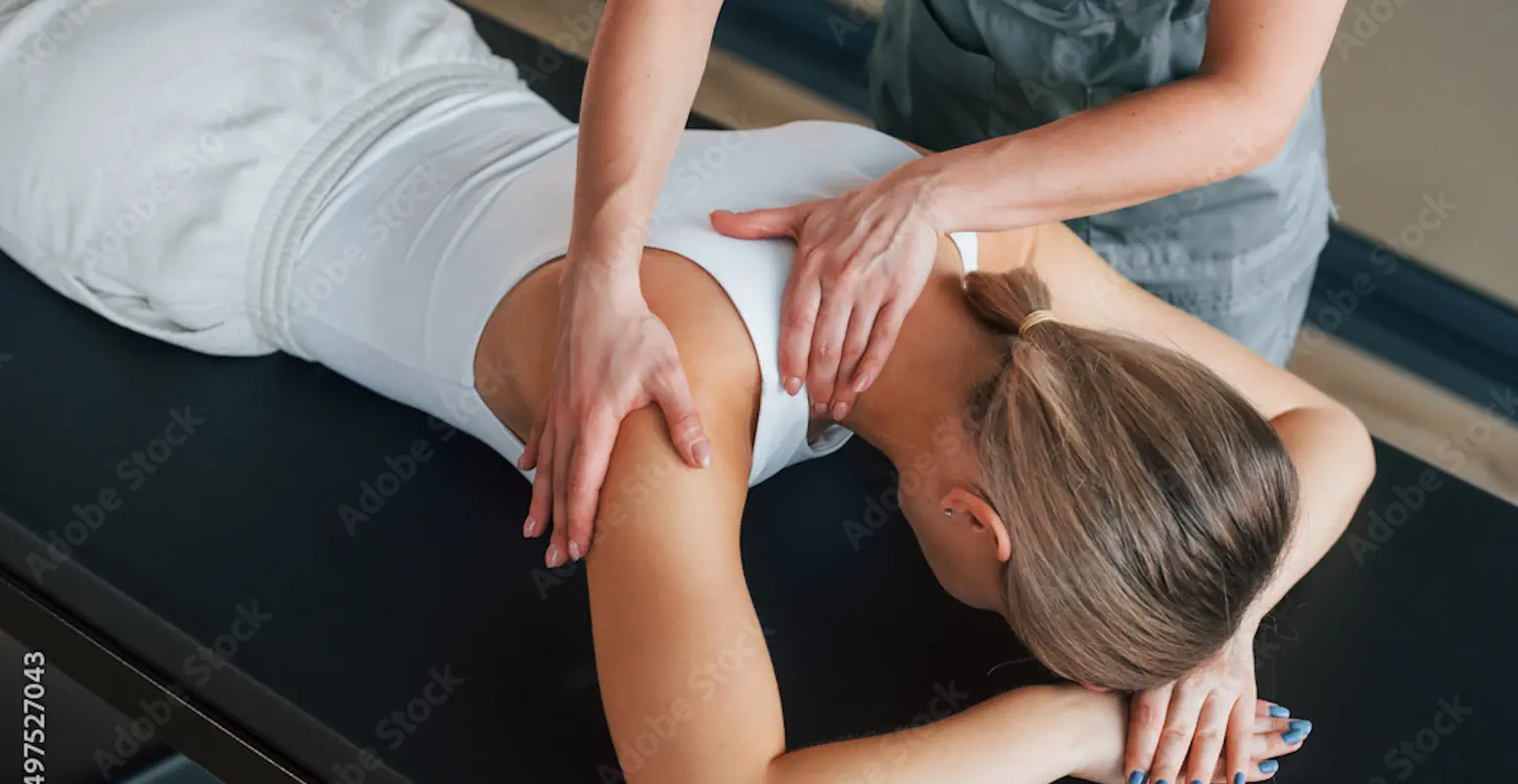Highlands Ranch Therapeutic Massage
- (720) 235-8692
- fbingemer@hrtherapeuticmassage.com
- 9am to 8pm M-F
Deep Tissue Massage for Sports Recovery: Heal Faster, Perform Better

Deep tissue massage is one of the most effective recovery tools available to athletes who want to heal faster and perform at their best. Training puts immense strain on muscles, leading to microscopic tears, tightness, and inflammation. Rest and hydration are important, but they often fall short. Without targeted recovery, athletes risk lingering soreness, recurring injuries, and restricted range of motion. Placing as much value on recovery as on training creates the conditions for sustainable performance.
Recovery is the bridge between effort and progress. Athletes who train intensely without proper recovery never reach their full potential. Instead, they experience plateaus, diminished motivation, and higher risk of injury. By contrast, those who commit to recovery techniques such as massage therapy not only rebound faster but also maintain long-term consistency. A proactive approach to recovery allows athletes to move through demanding training cycles with greater resilience and fewer setbacks
The Benefits for Athletes
Deep tissue massage offers more than temporary relief. It conditions muscles and connective tissue to perform optimally over time. By softening scar tissue, loosening fascia, and restoring natural movement, it enhances mobility, durability, and overall biomechanical efficiency. For athletes, this deeper level of bodywork helps break the cycle of recurring strain and recovery.
The technique supports faster healing by reducing inflammation and addressing the root causes of restriction rather than masking discomfort. Improved flexibility, range of motion, and neuromuscular coordination translate to better performance and fewer overuse injuries. Deep tissue massage also provides effective, medication-free pain management by stimulating neural pathways that diminish pain perception and promote relaxation.
These effects are especially valuable for athletes managing conditions like delayed-onset muscle soreness, shin splints, rotator cuff strain, or plantar fasciitis. Targeted therapy helps restore function while balancing both physical and mental recovery. Lower cortisol levels and increased serotonin and dopamine further contribute to a sense of well-being and resilience.
Clinical research reinforces these outcomes. A randomized controlled trial published in the International Journal of Therapeutic Massage and Bodywork found that athletes receiving bi-weekly deep tissue massage showed significant improvements in flexibility, recovery speed, and overall performance compared with control groups. The strongest results appeared among participants in strength and team sports, who reported reduced soreness and quicker return to full training.
What to Expect in a Session
A typical session begins with a short discussion about training patterns, areas of discomfort, and recovery goals. The therapist then applies techniques such as gliding pressure along muscle fibers, cross-grain friction to address adhesions, and concentrated trigger point release. The session often feels intense, especially when targeting deep knots, but it should never create lasting pain. Be sure to tell your therapist if it is too painful. Temporary soreness is common and usually fades within a day, replaced by looser, more functional muscles.
Athletes can prepare by hydrating before a session, which improves tissue responsiveness. Gentle stretching afterward helps consolidate gains in flexibility. Some schedule treatments strategically, using massage as a reset before major competitions or as a restorative measure after demanding training blocks. Consistent sessions build cumulative benefits, turning recovery into a competitive advantage.
Building a Complete Recovery Plan
Deep tissue massage is most effective when combined with other recovery practices. Adequate sleep is non-negotiable, as muscle repair processes accelerate during deep rest. Balanced nutrition provides the amino acids, electrolytes, and micronutrients necessary for repair. Hydration supports circulation, while hydrotherapy and mobility exercises enhance flexibility and reduce inflammation. Together, these elements form a holistic plan that keeps the body resilient under pressure.
Consistency separates athletes who merely survive training from those who thrive. Sporadic sessions provide short-term relief, but regular routines produce durable results. Massage should be seen as a recurring investment, much like strength training or conditioning. By building it into a long-term plan, athletes avoid the destructive pattern of ignoring soreness until it becomes an injury.
Why Mental Recovery Matters Too
Physical recovery is incomplete without attention to mental well-being. Stress and fatigue undermine both performance and motivation. Deep tissue massage reduces cortisol, the primary stress hormone, while increasing neurotransmitters linked to relaxation and focus. The psychological benefits are not abstract. Athletes often report leaving sessions not only more mobile but also clearer and calmer.
Mental resilience influences performance in subtle but decisive ways. Pain or discomfort often distracts athletes, causing hesitation or compensatory movements that can lead to further injury. By removing these physical and psychological barriers, massage restores confidence and allows athletes to move with precision. In high-pressure environments, this mental clarity can be as valuable as physical strength.
Long-Term Performance and Prevention
The benefits of deep tissue massage extend beyond immediate recovery. Regular sessions prevent small issues from becoming major setbacks. Tight fascia, unresolved scar tissue, and recurring tension patterns often lead to chronic injuries if left untreated. Massage addresses these problems before they escalate, protecting both health and performance.
Athletes who commit to long-term recovery strategies often enjoy extended careers and fewer interruptions. They train with consistency, recover with efficiency, and compete with greater confidence. While no single practice guarantees invincibility, massage therapy remains one of the most reliable methods for supporting sustainable success.
Invest in Yourself
For athletes committed to maximizing their potential, recovery must be treated with the same seriousness as training. Massage therapy is not a luxury reserved for downtime. It is a vital component of a comprehensive performance plan. By incorporating deep tissue massage into regular routines, athletes reduce downtime, enhance mobility, manage pain naturally, and build resilience. Recovery fuels progress, and those who prioritize it create lasting advantages in both performance and longevity.
Ready to speed up recovery and protect your performance? Schedule your deep tissue massage today with a licensed therapist at HR Therapeutic Massage and give your body the care it deserves.
